Since ancient times India has always been considered the land of spices. The country is blessed with a varied climate in each of its states, which produces different varieties of aromatic spices and herbs.
No wonder spices are used so extensively in cooking. Spices have been one of the greatest exports for the country since those early days when Western explorers and traders landed in India. It was the centre of the spice route and one of the reasons as to why the British, Dutch and Portuguese flocked to this land. Across the world in every little kitchen shelf, there will always be some Indian spice for sure.
[wp_ad_camp_1]
In fact, Indian spices are not just aromatic and flavorful but also have several versatile, nutritious properties. They not just enhance the taste of food but are also attributed a slew of healing qualities. In Ayurveda, spices have been acknowledged to play a major role in the assimilation and digestion of food. They are thus considered by Ayurveda to play an active role in maintaining a balanced level of the digestive fires or Agni in the body.
Indian spices can be taken before, during and after meals. Spices can be sautéed in oil or ghee while frying vegetables, lentils or gravies. They are used in garnishing dishes as well as dressing salads. There are also certain health drinks and herbal preparations which are infused with spices.
Heavy foods especially require a dose of spices, so that they can be digested easily. If not spices, the ama or toxin presence can increase and cause body channel obstructions in the strotas. Some spices also aid in the purification of the body and cleans up the residue in the channels. From beauty products to medicines, spices are essential ingredients of Ayurveda based products.
Let us explore five spices with amazing digestive and detoxification properties. Who knows what’s on your kitchen shelf may save your life!
Ginger:
Almost every cook across the world uses ginger in some form. Known as adrak in India, it is has matchless taste and qualities. Ginger is popular due to its amazing pungent flavor and is often used for heavy foods.
It’s also popularly used as a digestive. It is universally known for its healing properties. It can tackle respiratory issues that crop up due to vata and kapha imbalances. Adding ginger into herbal teas and warm lemonades is also a great cure for common colds and cough.
Coriander:
Considered to be cordial with all three doshas, Coriander or dhania is known in Ayurveda for its unique usage in the balancing of the body and mind. The seed of coriander is said to be of extreme importance as it aids in the assimilation of all the other herbs and spices while cooking. Used both in the raw as well as powdered form, it’s has an array of healing benefits.
This includes its role as a potent remedy for digestive, urinary, respiratory disorders and also skin infections, rashes and ailments attributed to pitta incitement. Coriander is used for external application on aching joints and rheumatism. It is also good for coping with allergies, sore throats, digestive disorders, hay fever among others.
Turmeric:
For centuries this magical spice is known for its extraordinary therapeutic qualities. Turmeric is bitter, pungent and astringent in taste and is used as both a colorant and to set off the flavors of the dish. It is a central part of Indian cooking. Turmeric has wondrous properties including being anti-inflammatory, anti-oxidant, and anti-septic in nature.
It increases the body’s metabolic rate and helps it to eliminate all unwanted fatty deposits. Turmeric paste is great for external application in case of skin disorders. Its powder can be used for healing bruises and wounds. It also makes coping with diabetes easier. Turmeric enhances skin color and fights oil skin issues like acne and pimples. This is why it is found in herbal beauty products.
Cumin:
Jeera or Cumin is used extensively in Indian cuisine as a condiment and a flavoring agent in lentils, pulses and curries due to its beautiful aroma. It’s also a great stimulant for digestive disorders. It also has antiseptic properties. Cumin augments the working of the liver and pancreas.
This in turn enables the body to purify accumulated toxins and absorb nutrients better. It is thus a very good cleansing agent. It is a good source of iron. Cumin maintains the health and balance of the immune system. Water boiled with cumin seeds is good for overcoming dysentery.
Fenugreek:
Popularly known as methi, this unique spice is highly treasured in the kitchen and medicine cabinet. Bitter sweet in taste, fenugreek is very popularly used in Indian foods for spicing vegetables and pulses. It’s used both as a green leafy vegetable as well as in seed form, which is used for masala preparation. It has qualities that facilitate remedies for digestive, nervous, respiratory, and menstrual disorders. Methi is also very good for purifying the skin.
It aids weight loss and is thus very popular among the ladies. Fenugreek seeds soaked in water overnight enriches its qualities. Drinking this water is very beneficial to health. This helps in decreasing blood sugar levels in the body. Fenugreek seed tea or sweet fudge is good for increasing breast milk capacity for nursing mothers who have trouble lactating. It is used for treating diabetes and bringing down cholesterol levels.
These five spices and others such as pepper, saffron, star anise, nutmeg, mustard, garlic, cardamom, cinnamon, curry leaves and more are considered to be an important part of Ayurveda. Promoting holistic health and healing, the amazing qualities of spices never cease in averting ailments and disorders. Spicing one’s food has benefits that are beyond our imagination. They are not mere taste inducers. This is one of the greatest secrets of cooking based on the dietary principles of the Ayurveda system.
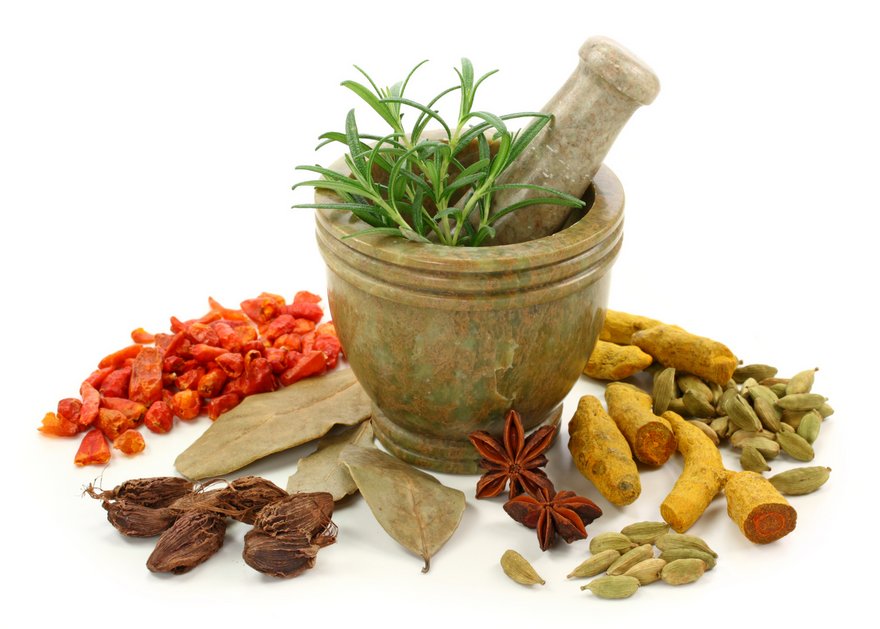
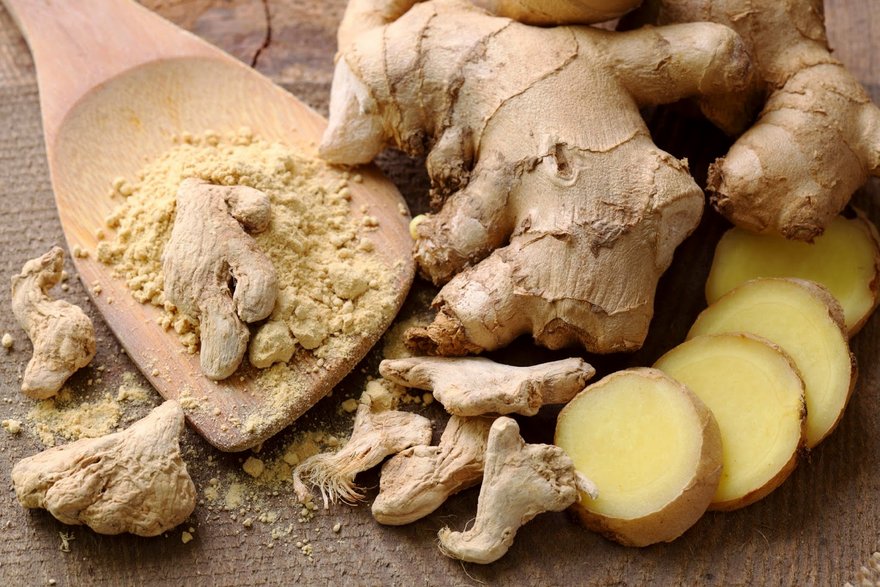
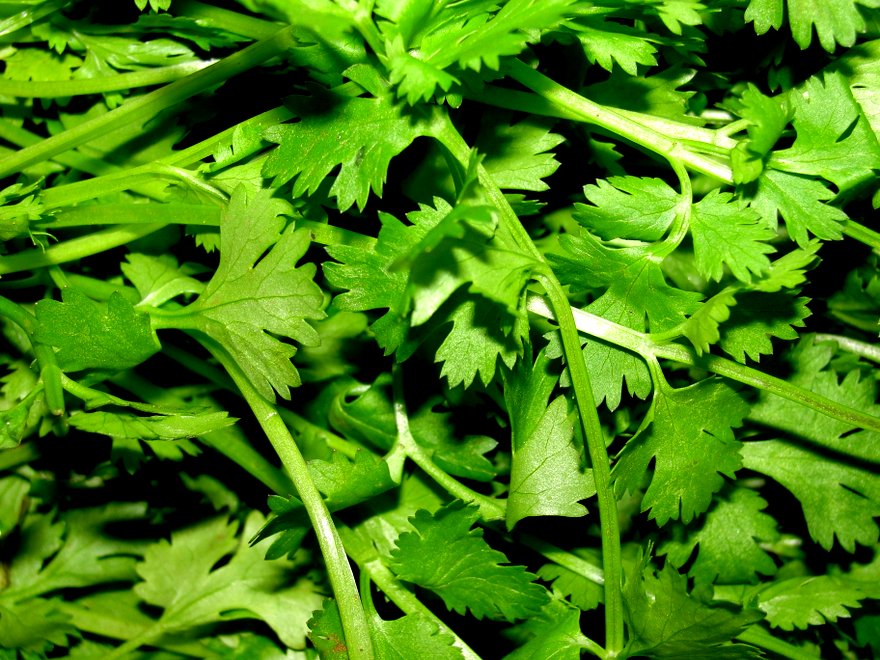
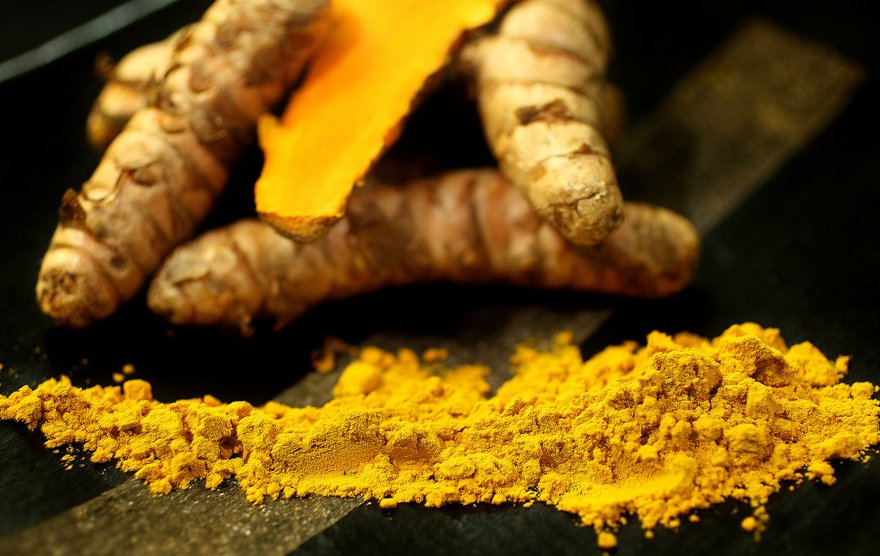
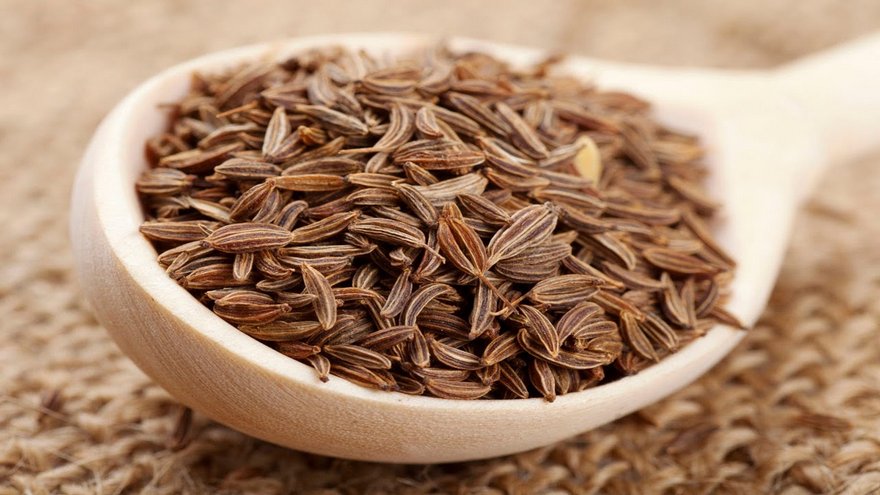
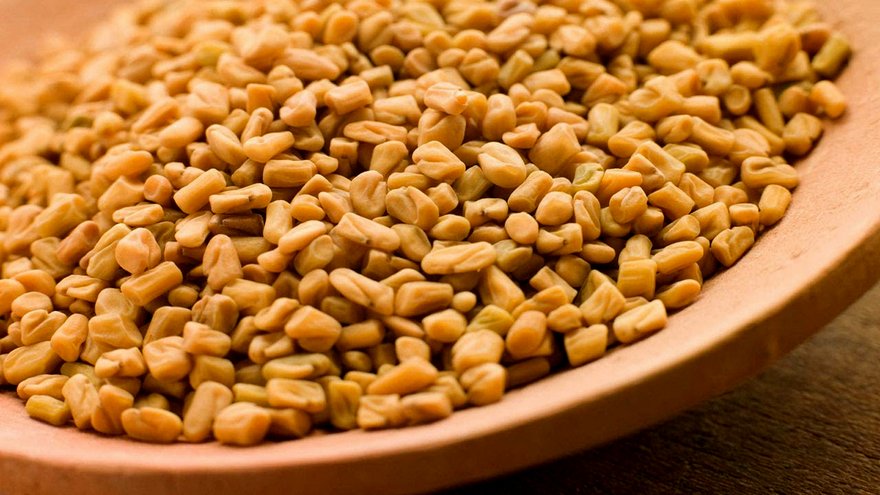
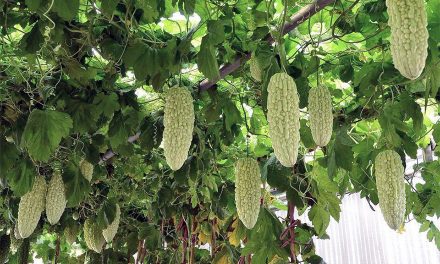
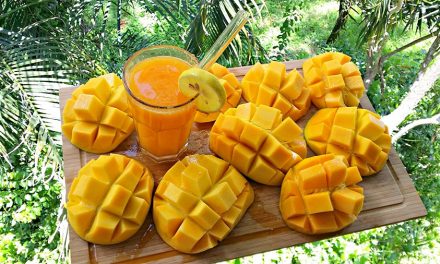







We Indians still have this treasure which cannot be stolen from anybody.We own this treasure for future generations also.We are proud to be born in this rich country .
Information provided are highly educative, useful and explains the good health of yesteryear genarations. Present day parents must mix these herbs in their day to day food for the health of present and future generations. Congratulations on creating awareness our rich heritage
If there is no Black pepper in Indian spices there will be deficient absorption of turmeric in the body so there should be black pepper as a 5th spices. Fenugreek does not take place among five spices. It is not major spices in daily use. Very specific recipes use fenugreek. Such as North Indian Curry made with yogurt, chick pea flour and pakodas.
Its great that you are providing such important knowledge to us.
Perhaps sometimes I felt that you could have been more elaborated on some topics.
Some more information can make the article a landmark for the reader.
Still I thank you…..
Lalit joshi.
Very very useful information for health and wellbeing.
B K DHIR
Good and useful